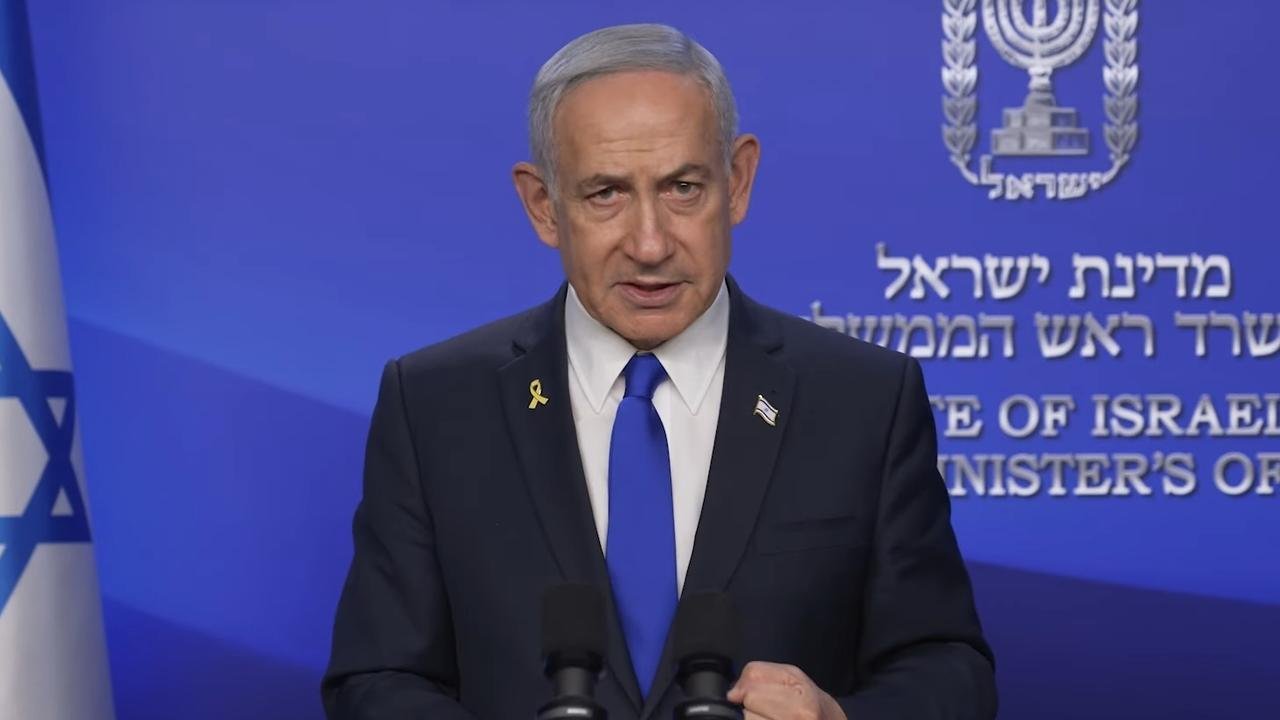
In a very passionate and fiery remark that had everyone lifting an eyebrow, Israeli Prime Minister Benjamin Netanyahu said on Monday that Iran is taking the Middle East “to the edge of nuclear catastrophe,” and blamed Tehran for waging what he called a “forever war.”
In an emergency gathering of Israel’s Knesset (parliament), Netanyahu said that Iran’s regional aggression and nuclear ambitions have reached “a point of no return,” escalating tensions not only with Israel but also with the world.
“Iran is not just threatening Israel. It is threatening global stability and pulling the entire region into an endless war, what I call a ‘forever war’- and pushing us to the edge of a nuclear nightmare,” said Netanyahu.
A tension between Iran and Israel has existed for decades, which has been played out via proxy warfare, cyberattacks, diplomatic hostility, and nuclear suspicions. But recent events have suddenly heightened concerns about their almost inevitable open confrontation:
- Iran’s nuclear enrichment program, which was supposed to remain below previously agreed international limits, has been thought to surpass them.
- Hezbollah, a proxy group for Iran in Lebanon, has increased the number of rocket attacks on northern Israel.
- Houthis, another Iranian proxy group, have now sent drones attacking Israeli-related ships in the Red Sea.
- And now Iranian military leaders are sending veiled threats about the possibility of retaliatory incursions should Israel continue covertly attacking Iranian scientists and facilities.
Netanyahu was fully open. His address was as much a warning to his people as it was an appeal to the world’s powers.
“The world cannot sit in neutrality. To remain silent in the face of Iran’s aggression is to stay complicit,” he said. “We will not allow Iran to become a nuclear power now or ever. If the world will not act, we will.”
This reference to possible preemptive military strikes was picked up by commentators and analysts and was widely taken as an indication of Israel’s state of readiness for operational action, should diplomacy fail.
The global powers are scrambling to dial down the rhetoric between Jerusalem and Tehran. The United States, Israel’s most powerful ally, has stated it was “seriously concerned” but has not yet hinted at any immediate military response.
The European Union reiterated its calls for restraint, urging Iran to fully comply with the 2015 nuclear agreement (JCPOA) and for Israel “to act in a manner consistent with international law.” Russia and China, both of whom have strategic partnerships with Tehran, could not stop themselves from warning against unilateral Israeli moves, instead calling for talks between the countries rather than military confrontation.
Netanyahu’s speech happened when things were getting pretty tense inside Israel. People are protesting about military drafts, sky-high prices, and worries about democracy slipping away, and it’s split the nation. Critics say Netanyahu is just using the whole Iran scare to take our minds off the chaos back home, while his supporters think he’s the only guy tough enough to deal with the Iranian threat.
With warships moving, diplomats rushing, and missiles in the wings, the Middle East is at a crossroads. Netanyahu’s warning may be just a tactic of pressure, but if Iran continues down the same path, and if Israel determines it can no longer afford to wait, history may soon record another major turning point in a region long beset with violence.
Keep reading questiqa.com

